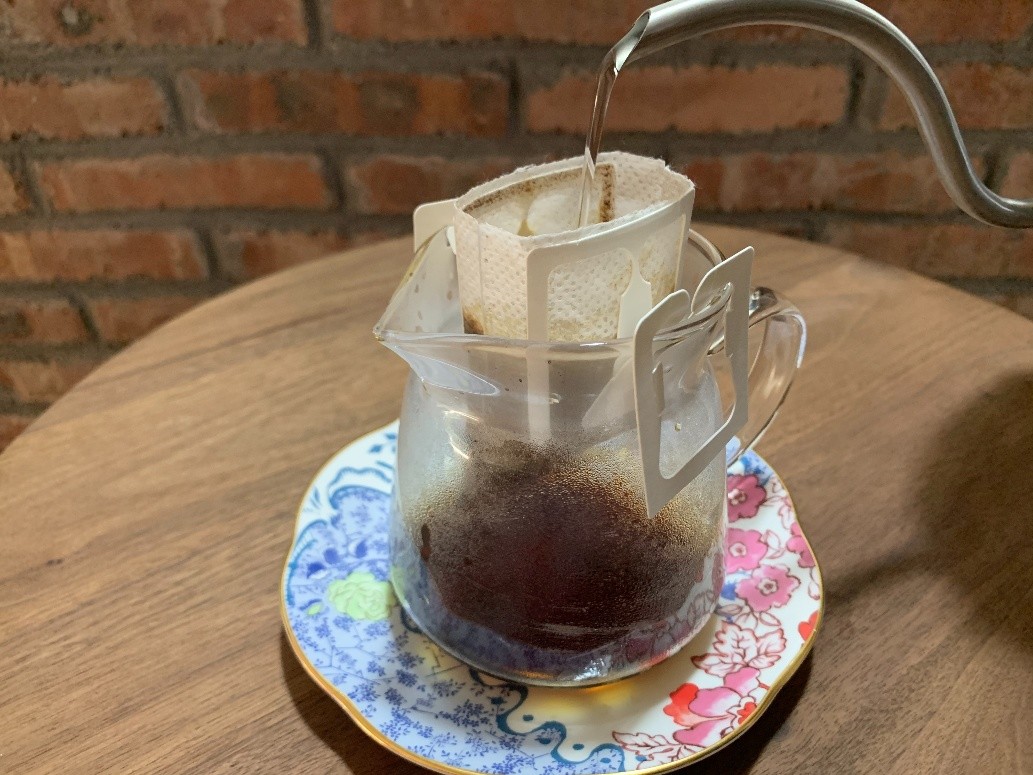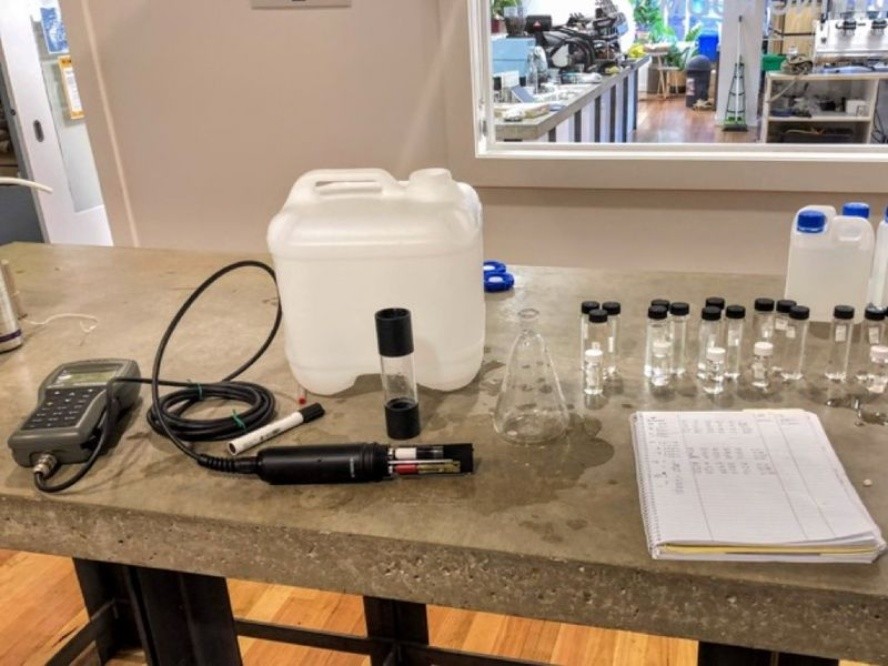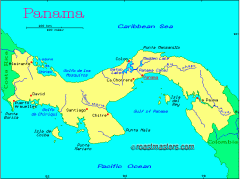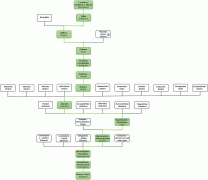What water does Water for coffee use to make coffee? perfect water quality conditions for good brewers of coffee.
You may have some knowledge of coffee. From beginner lovers to the latest and best barista equipment, have you considered another way to create the ideal coffee? Yes, we are talking about the water you use, and it turns out that whether you choose tap water, distilled water or filtered water, it will have a huge impact on your brewing.

Qianjie thinks that coffee ingredients that seem simple can actually become very scientific when you take specific flavors into account. For example, in some cases, when made from different water sources, two spare cups made of identical beans can be completely parallel. Try it yourself, simply brew your favorite coffee with tap water, and then try bottled mineral water. Does it taste different?
The truth is, a cup of coffee is actually 98% water, which means that once you carefully choose the roasting and origin of the beans, the water you match can change the flavor of the coffee more than originally thought. This is because water basically acts as a solvent when mixed with coffee, causing a very low-key chemical reaction to extract the flavor of coffee beans.
We're sure you're thinking, "all this fuss about water, how can we make more decisions?" But we guarantee that the perfect coffee comes not only from the best beans. As a new focus in the coffee industry, water varies depending on filter, location and source. It can become very technical, and the choice of water will change your coffee world.
Why is water important in coffee making?
Well, we all know that water can be either "hard" or "soft" for the reasons listed above, but when choosing the right water for your coffee, you must keep in mind that TDS (total dissolved compounds), which are usually made up of magnesium, calcium and bicarbonate, are the most common mineral elements with a particularly strong taste. It is these balances that complement the sweetness of some beans and the bitterness of others, which is an art, but every detail is important. Have you ever chosen the best beans and used the best brewing techniques but were disappointed with the results? It boils down to water. The water you choose can bring ordinary cups to excellent, unforgettable brewing and, unfortunately, vice versa.
So what's the best water to use when making coffee?

There are usually three options, filtration, distillation and purification. Although your water should be completely neutral (pH values between 6.5 and 7.5 are acceptable). We don't want to explain the obvious here, but your water should be clean, clear and fresh-no mildew or sometimes muddy tones, especially in reusable water bottles. The mineral content in your water should be about 150 parts per million (ppm), while the best water pH for coffee is 7.0 (neutral).
After filtration: this is just water that has removed any major impurities but still contains most of the natural minerals. A regular filter (such as a Brita water filter) removes any excess carbon or bad smell, making it more intense the next time you brew.
Purified water: although it has been thoroughly cleaned, pure water usually removes all harmful elements, but also removes most of the beneficial minerals. Usually, purification systems such as reverse osmosis can add minerals back to the water, but this is a long process that takes place every day!
Distillation: similar to filtering, distilled is not very suitable for making coffee (unless you brew coffee powder under pressure, such as making espresso). All in all, distilled water is much better than tap water.
Okay, what does coffee water taste like?
First of all, to be clear, you should never brew coffee with water that doesn't taste good. Your water should be clean, free of odor or any color. At neutral PH values, ideally, the total dissolved solids (TDS) of the best water used to make coffee is about 150mg / L. You also need close to 10 mg / L of sodium, 40 mg / L of total alkalinity and 0 mg / L of chlorine.
Important Notice :
前街咖啡 FrontStreet Coffee has moved to new addredd:
FrontStreet Coffee Address: 315,Donghua East Road,GuangZhou
Tel:020 38364473
- Prev

Panamanian Coffee producing area Pocket Manor introduces the Historical Story of Rose Summer Coffee Bean in Jade Manor
Panama is a rising star in the boutique coffee industry. In Boquete, in particular, farmers are taking Arabica coffee cultivation to new levels, and recent small boutique auctions have set record, if not stupid, prices. Still, some of the coffee is great. Gesha is a variety originating from Ethiopia and has been cultivated here.
- Next

Coffee Bean Species Arabica and Robusta Coffee Bean Relationship Wild Coffee Tree Distribution and Characteristics
A lot of people compare Arabica to Robusta beans and think they're in a tie. Robusta is actually older than Arabica, which is pollinated by a cross between Robusta and Coffea canephora. Let Xiaobian popularize the following little knowledge for everyone today! Of all the catalogued species in the genus Coffea, only three have quotient.
Related
- Detailed explanation of Jadeite planting Land in Panamanian Jadeite Manor introduction to the grading system of Jadeite competitive bidding, Red bid, Green bid and Rose Summer
- Story of Coffee planting in Brenka region of Costa Rica Stonehenge Manor anaerobic heavy honey treatment of flavor mouth
- What's on the barrel of Blue Mountain Coffee beans?
- Can American coffee also pull flowers? How to use hot American style to pull out a good-looking pattern?
- Can you make a cold extract with coffee beans? What is the right proportion for cold-extracted coffee formula?
- Indonesian PWN Gold Mandrine Coffee Origin Features Flavor How to Chong? Mandolin coffee is American.
- A brief introduction to the flavor characteristics of Brazilian yellow bourbon coffee beans
- What is the effect of different water quality on the flavor of cold-extracted coffee? What kind of water is best for brewing coffee?
- Why do you think of Rose Summer whenever you mention Panamanian coffee?
- Introduction to the characteristics of authentic blue mountain coffee bean producing areas? What is the CIB Coffee Authority in Jamaica?

